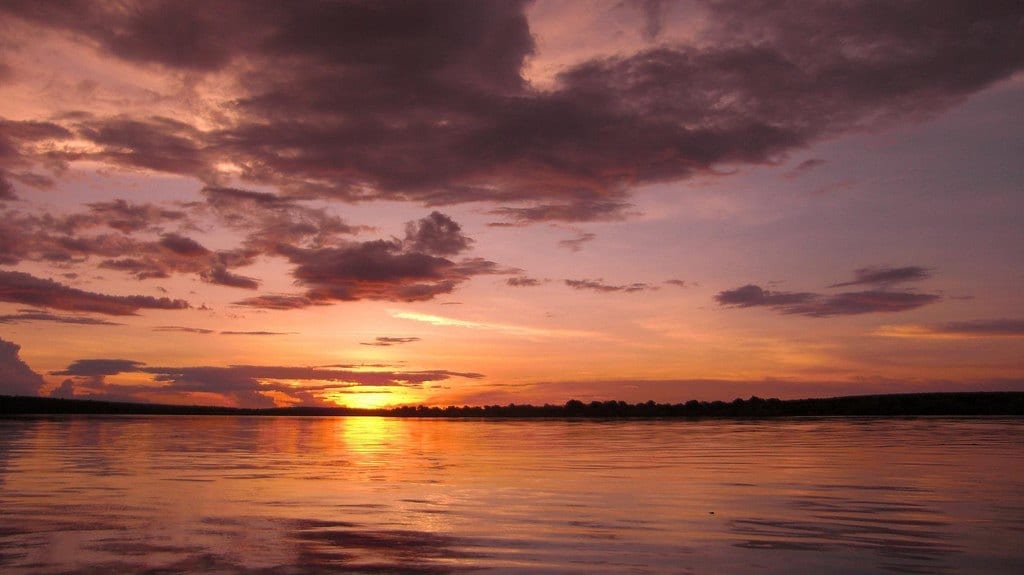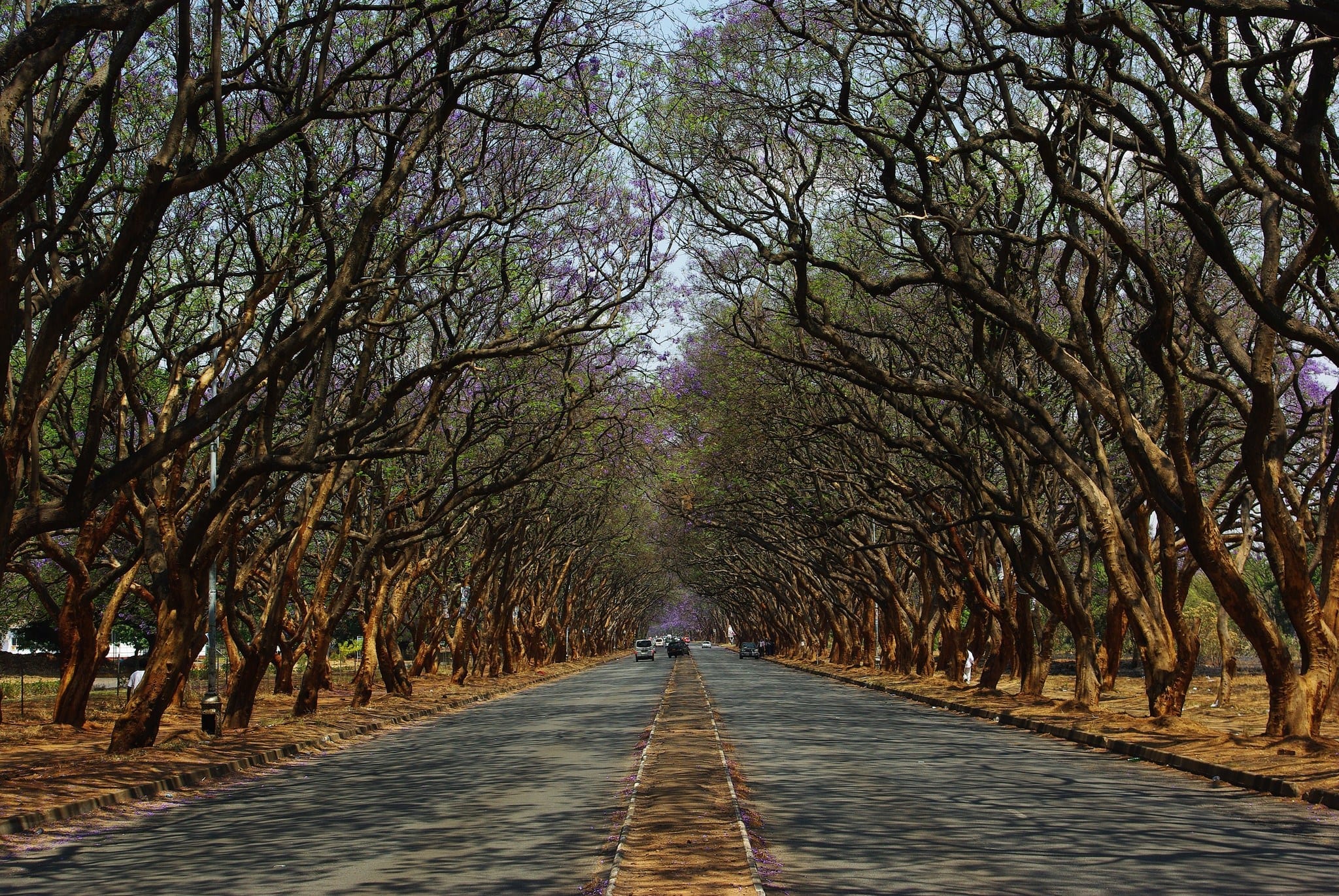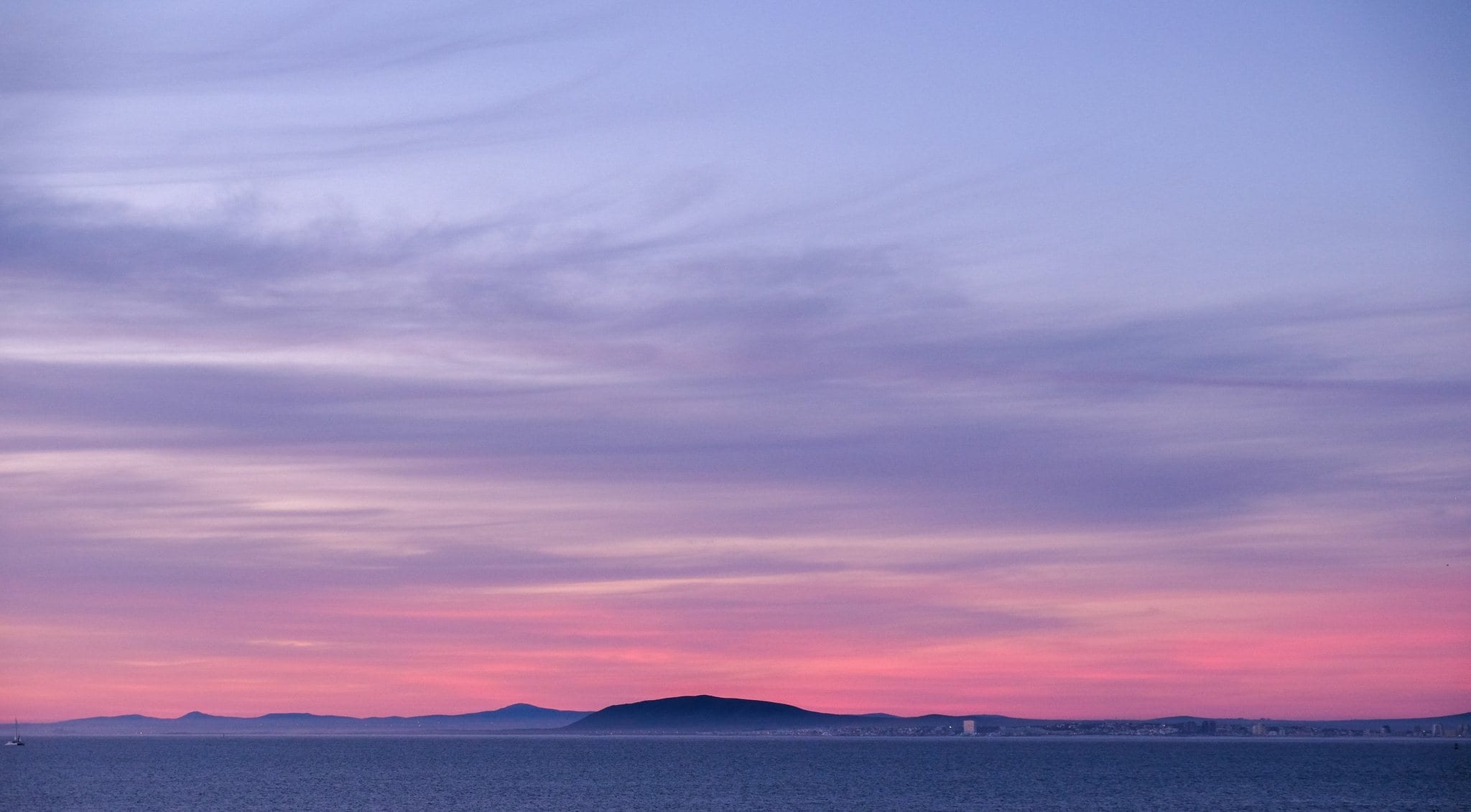Adventurous Kate contains affiliate links. If you make a purchase through these links, I will earn a commission at no extra cost to you. Thanks!

My dear readers, today’s post is about the travel blogging industry. I think some of you would find it to be an interesting read, but if that’s not your thing, feel free to check out my Best of the Blog page.
On Saturday at the Travel Blog Exchange (TBEX) conference in Huntsville, Alabama, it was announced that the first TBEX Africa will take place in July 2018.
It will take place in Harare, Zimbabwe, to be exact. And the primary sponsor will be the Zimbabwe Tourism Authority, a government-run organization.
Holy shit. TBEX actually entered a business partnership with Robert Mugabe’s government.
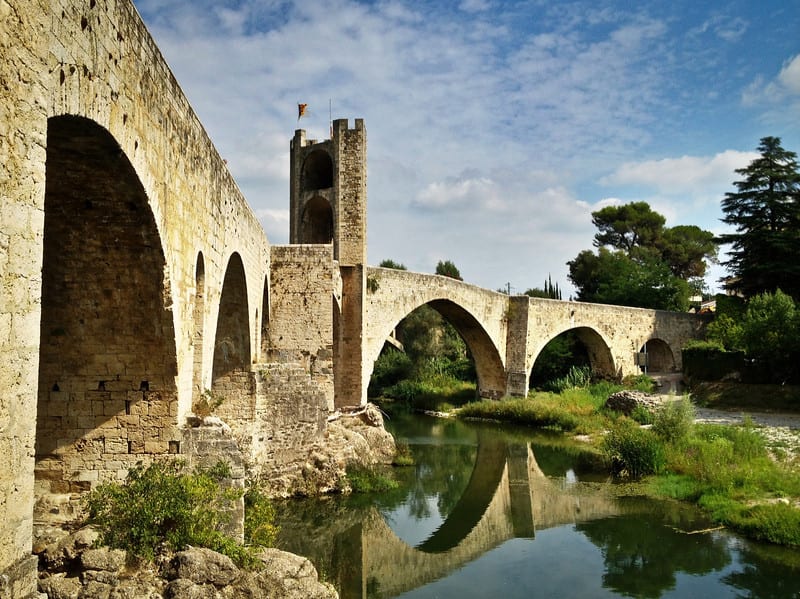
Background: TBEX is not representative of the whole travel blogging industry.
TBEX is the largest travel blogging conference. A few different conferences are held in different parts of the world each year — generally one in North America, one in Europe, and one somewhere else. And because they’re so big, they tend to dominate the industry.
I’ve attended one TBEX, in Girona in the Costa Brava region of Spain in 2012. It was a fantastic experience, but that was more due to Jaume Marin and the team at Costa Brava Tourism, who have long been leaders in creating innovative marketing campaigns for travel bloggers. (I mean, they threw a party in a castle with a “ham room” filled with jamon iberico! Yeah. That had nothing to do with TBEX; that was all Costa Brava.)
TBEX is only interested in making money; they have zero interest in bettering the travel blogging industry. Because of this, most of their conferences are geared toward beginner bloggers. I call it “churning and burning newbies.” They’re the easiest to convince to buy a ticket; it’s easier to build a conference around the needs of beginners. Most of the talks are geared to beginning topics on SEO, Instagram, freelance writing, and the like.
And while the sessions haven’t changed much since 2012 (though newer platforms like Snapchat and Pinterest now have a presence), the demographics at TBEXes have changed a lot. Few long-time professional bloggers attend anymore; if they attend, it’s usually because they’re giving a talk. Nowadays, many of the people who attend TBEX haven’t even started a blog yet. Isn’t that crazy? I can’t wrap my head around that.
The watering down of TBEX has been bad for the industry. As the quality of the attendees goes down, the quality of would-be sponsors and industry attendees goes down, the work the newbies produce isn’t as good and doesn’t get as wide an audience, and because TBEX is such a big conference, this sends the message that travel blogging is ineffective and not worth it.
These are the reasons why I am no longer involved with TBEX, but it gets much worse.
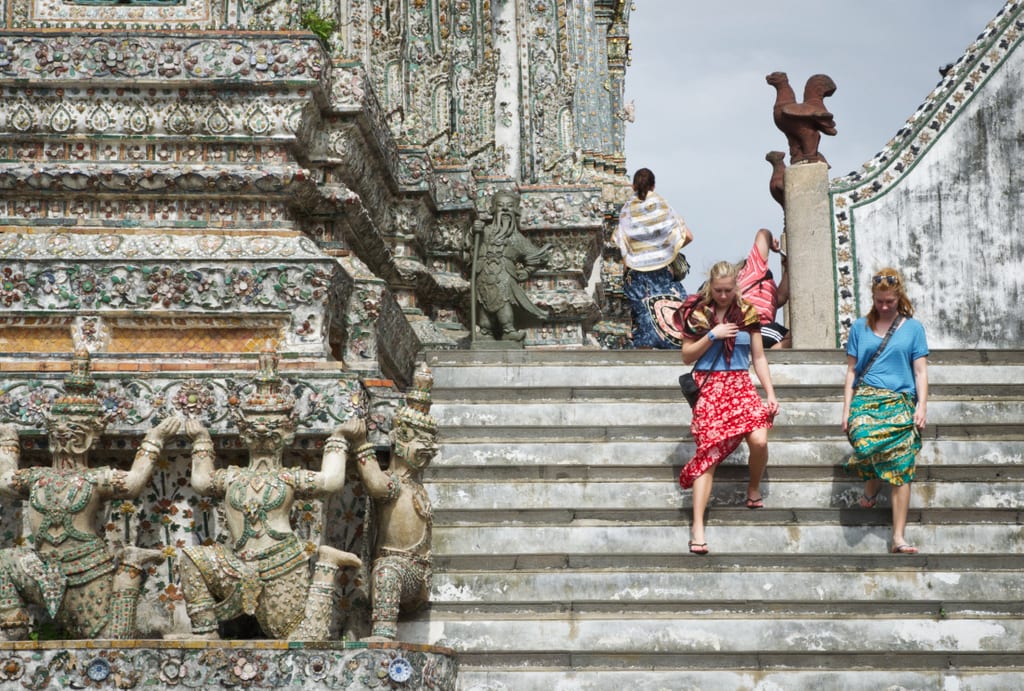
TBEX has been under fire over the past few years.
The first major controversy was prior to the Cancun conference in 2014. One of the post-conference activities was swimming with dolphins kept in captivity, an activity that is cruel to the dolphins.
Many bloggers protested TBEX; 2,300 people signed a petition asking them to remove the dolphin tours. And it worked. TBEX eventually removed the dolphin tours, but only after a major outcry.
The second major controversy was when TBEX selected Bangkok as their first Asian conference location in 2015. Almost every travel blogger has been to Thailand; plenty of travel bloggers have even lived there. I love it there, too.
But the hosting partner for this conference was the Tourism Authority of Thailand, a government organization, and Thai government has a long history of prosecuting journalists. While Thailand has never had free speech, the 2014 coup took a turn for the worst, when the constitution was suspended and any protections for freedom of expression were eliminated. By attending a government-sponsored event as media, the bloggers could have been putting themselves in danger.
The next uproar came when the 2016 Asian conference was hosted in Manila by Philippines Tourism, a government organization. President Rodrigo Duterte rode to the presidency on a promise to end drug crime by murdering all drug criminals, and these murders have been carried out at an alarming rate.
Additionally, the Philippines is also a dangerous country for journalists. 78 have been killed since 1992, most of the journalists focusing on crime or corruption. Duterte himself once said, “Just because you’re a journalist you are not exempted from assassination if you’re a son of a bitch.”
And finally, the venue for TBEX International in 2017 was revealed: Jerusalem. A bit of a controversial destination, no matter how you look at it. And while it branded itself as an opportunity to explore both Israeli and Palestinian cultures, the main sponsor was the Israel Ministry of Tourism, which is an organization that condones the occupation of Palestine.
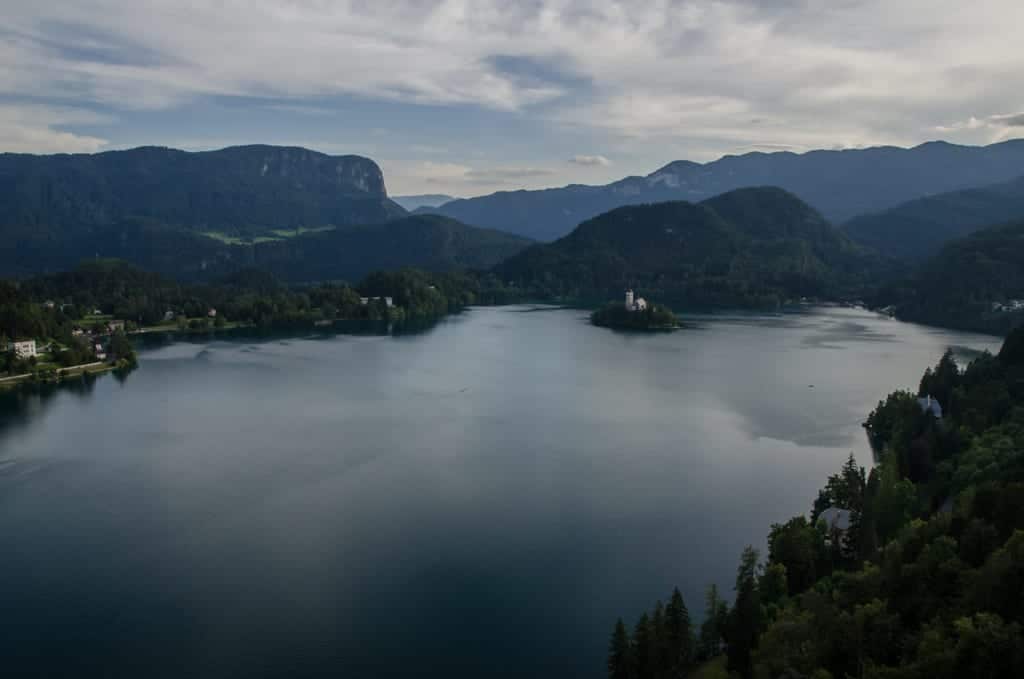
Shit hit the fan in late 2016 when it was revealed that TBEX wasn’t paying its employees and contractors.
Deborah Ng, former conference director of BlogWorld and New Media Expo, which acquired TBEX in 2012, posted a revealing account on Medium. In short, she and several other people were not paid for the work they did.
You can read the whole saga here. Here’s a taste:
“Around the time I left, I learned there was a long line of people waiting to be paid by BlogWorld/NMX/TBEX. I heard of tax liens, garnished bank accounts, bounced checks, and lawsuits…Since the owner didn’t respond to emails, Skypes, texts or calls, I sent an email around to the entire team letting them know I quit. It wasn’t until a couple of weeks later — when he made a rare appearance on a team call — that the owner learned I was gone.”
The owner, Rick Calvert, later admitted to everything in Ng’s piece:
“It is true that we owed Deb money when she left NMX and it is true we still do.”
Ng received the last of money she was owed in January 2017, years after it was due:
“Management is telling TBEX sponsors and attendees that they’re all caught up with their debts. This isn’t true. I know people who are still waiting to get paid.”
As someone who has done a lot of freelancing over the years, I know this: freelancers time their work contracts and payments carefully so they’ll have money to cover their bills and expenses at all times. When you miss a payment to a freelancer, you throw the whole system off and force them to dip into their savings — if they have enough in their savings. Many freelancers don’t make much, especially if they’re starting out or in a creative field.
There was one time in 2013 when I was down to $200 in my bank account and was owed more than $9,000 from companies that hadn’t paid me on time for various reasons.
It’s bad enough not to pay someone on time, but it’s especially cruel to do so to someone who makes a non-salaried living.
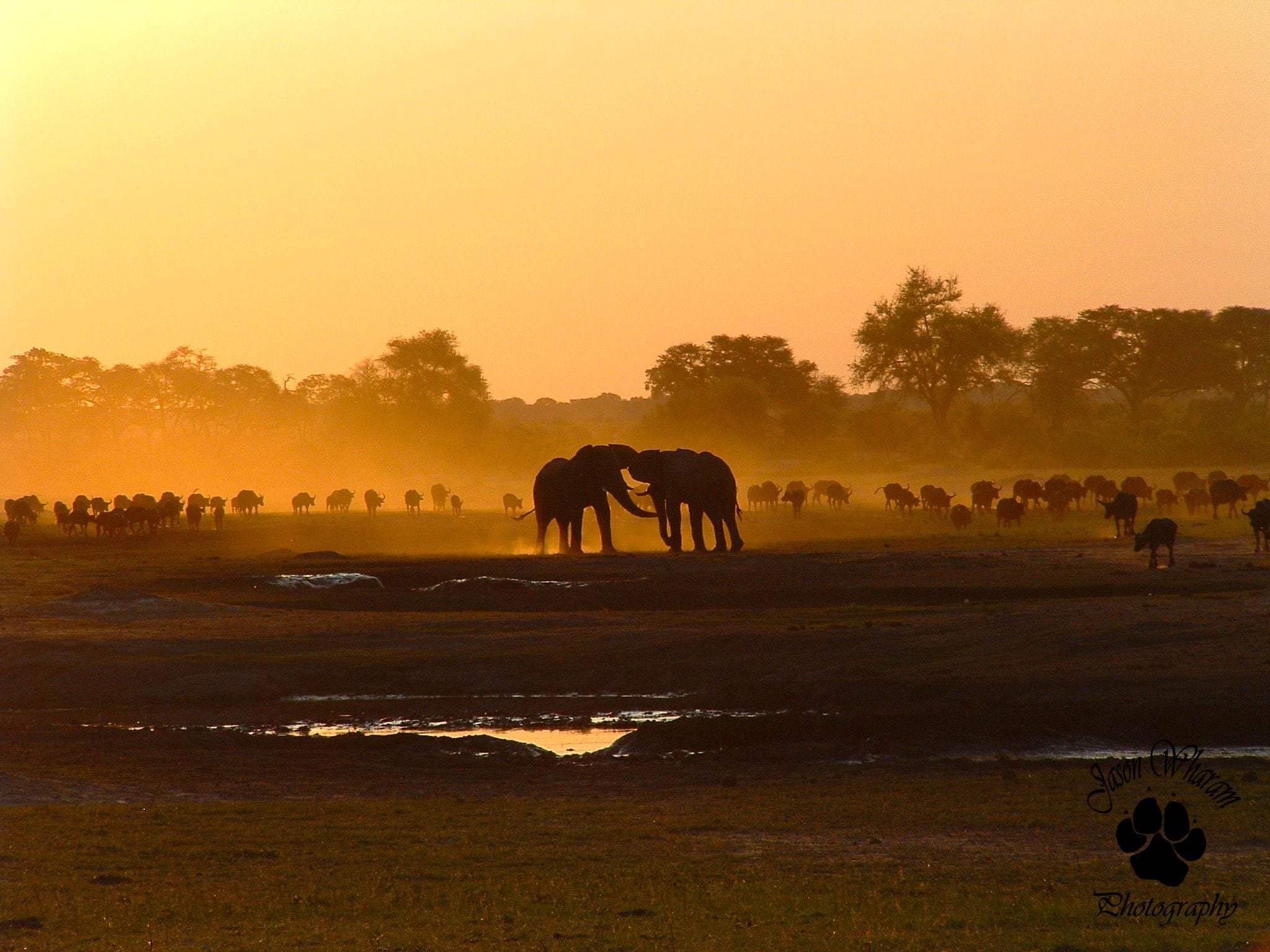
What’s wrong with the Zimbabwean government, anyway?
The president of Zimbabwe, Robert Mugabe, is often cited as one of the worst dictators of the past century. Zimbabwe has terrible human rights abuses and a dreadful record on free speech.
On human rights violations:
“The government of President Robert Mugabe continues to violate human rights without regard to protections in the country’s 2013 constitution. It has intensified repression against thousands of people who peacefully protest human rights violations and the deteriorating economic situation. Police use excessive force to crush dissent, and violate the basic rights of civil society activists, human rights defenders, journalists, and government opponents. Widespread impunity for abuses by the police and state security agents remains. President Mugabe has undermined the independence of the judiciary and of the Zimbabwe Human Rights Commission (ZHRC) through verbal assaults on the two institutions.” —Human Rights Watch
On Mugabe murdering his way to reelection in 2008:
“In May, the Zimbabwe Electoral Commission announced the presidential vote results, confirming that Tsvangirai secured 47.9%, to Mugabe’s 43.2%. As neither candidate secured 50%, a run-off vote was scheduled. Mugabe saw his defeat as an unacceptable personal humiliation. He deemed it a victory for his Western, and in particular British, detractors, whom he believed were working with Tsvangirai to end his political career. ZANU-PF claimed that the MDC had rigged the election.
After the election, Mugabe’s government deployed its ‘war veterans’ in a violent campaign against Tsvangirai supporters. Between March and June 2008, at least 153 MDC supporters were killed. There were reports of women affiliated with the MDC being subjected to gang rape by Mugabe supporters. Tens of thousands of Zimbabweans were internally displaced by the violence. These actions brought international condemnation of Mugabe’s government. UN Secretary-General Ban Ki-Moon expressed concern about the violence, which was also unanimously condemned by the UN Security Council, which declared that a free and fair election was ‘impossible’. 40 senior African leaders — among them Desmond Tutu, Kofi Annan, and Jerry Rawlings — signed an open letter calling for an end to the violence.
In response to the violence, Tsangirai pulled out of the run-off. In the second round, Mugabe was pronounced victor with 85.5% of the vote, and immediately re-inaugurated as President. —Wikipedia
Zimbabwe has a bad record on freedom of speech. This is how they deal with it on the digital end:
“In April [2016], President Mugabe threatened to introduce laws to restrict access to the internet.
In August, in response to the rising discontent expressed on social media, the authorities introduced a draft bill on Computer and Cyber Crimes to curb anti-government criticism. The bill had not become law by the end of the year.
During a national stay-away on 6 July in protest against corruption, fronted by the social media movement #ThisFlag, social media apps such as WhatsApp were shut down by the government.” —Amnesty International
And let’s throw in some LGBT rights violations, too:
“Laws passed in 2006 criminalize any actions perceived as homosexual. The Zimbabwean government has made it a criminal offense for two people of the same sex to hold hands, hug, or kiss. The ‘sexual deviancy’ law is one of 15 additions to Zimbabwe’s Criminal Code quietly passed in Parliament. The sections involving gays and lesbians are part of an overhaul of the country’s sodomy laws. Before then, laws against sodomy were limited to sexual activity, and the revised law now states that sodomy is any ‘act involving contact between two males that would be regarded by a reasonable person as an indecent act.'” —Wikipedia
In short, TBEX has chosen to partner with the government of a brutal dictator.
Bravo, TBEX. You’ve really outdone yourself here.
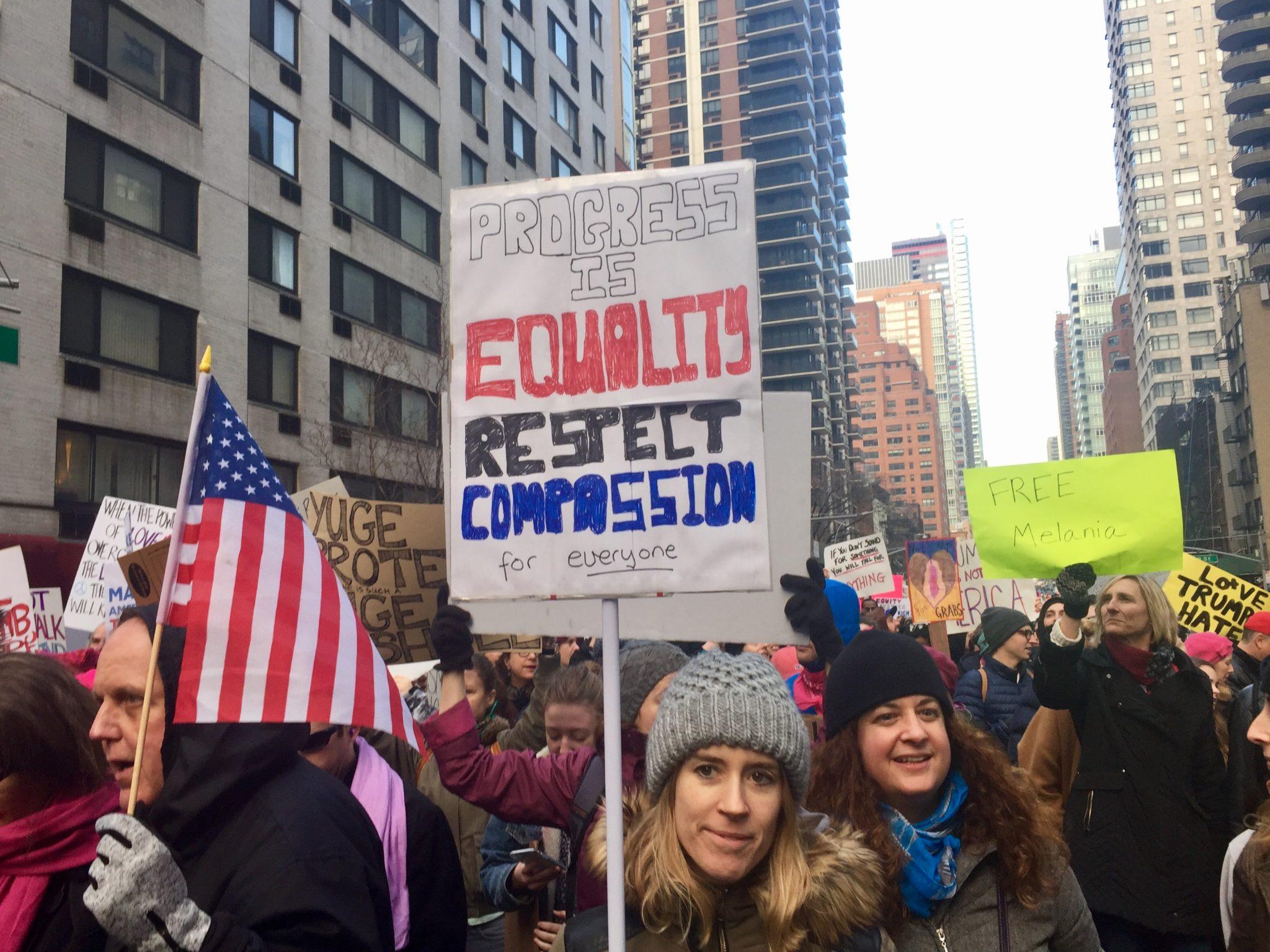
It’s not safe to host travel blogging conferences in countries that are hostile to journalists.
I never identify myself as a blogger, journalist, or member of the media when entering a country that is hostile to journalists. The reason is that I value my life and I’m not going to give them any reason to watch me.
But TBEX goes further — these conferences openly identify bloggers to the government as members of the media.
I’ll be honest: I worried during the entire TBEX in Bangkok that one of my friends would be reported to the police for saying something negative about the king. That’s what Thailand is like nowadays. When you’re living in a military dictatorship and you’re already identified as media, you never know who’s watching.
This goes back to my point that TBEX does not care about the travel blogging industry. If they actually cared about the industry and bloggers themselves, they would not host conferences in Thailand, Philippines, and Zimbabwe, where journalists are routinely murdered for writing negatively about the government.
That’s kind of a basic requirement, don’t you think?
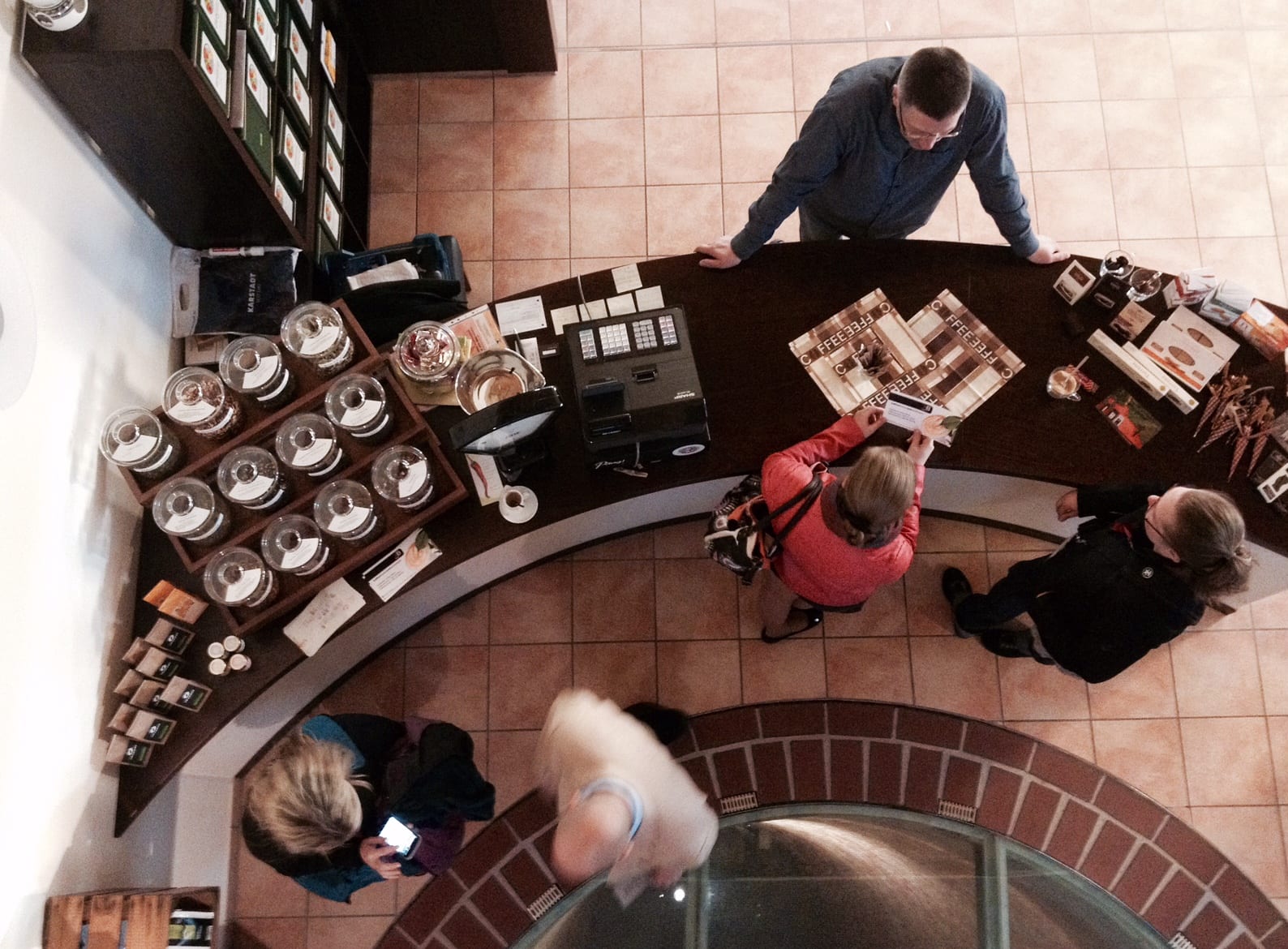
But doesn’t tourism help locals?
Yes. When done the right way, tourism helps locals a lot, especially in countries with corrupt governments. Tourism strengthens economies, allows financial independence, and educates locals about the outside world. And that includes Zimbabwe. I want people to travel independently to Zimbabwe.
That said, when you attend a travel blogging conference, you’re not an independent traveler — you’re essentially a marketing consultant hired to promote their destination. And when you’re being hosted by the government, they are only allowing you to see what they want to see. When it’s a corrupt government in charge of your trip, they will likely only show you places that give them the most financial kickbacks.
The reason why travel blogging conference tickets are much cheaper than in other industries — tickets to TBEX Africa are literally only $97 right now — is because you’re expected to promote the host organization. Nobody is holding a gun to your head, but the host expects you to do so.
Professional bloggers generally provide accurate, truthful coverage of a host destination that isn’t too whitewashed. But newer, less experienced bloggers tend to write glowing accounts, thinking that it’s their duty because they got a “free” trip.
Also, a tidbit: the one time an organization ever asked me for more coverage was after my one and only TBEX trip in Spain. One hotel in Costa Brava felt insulted that I hadn’t written a fawning post exclusively about their property. It doesn’t work that way.
“As a tourist, you have a certain amount of control over where your money goes, using your own judgment calls. That’s theory, and practice may be tricky, but there’s more freedom there to do the right thing — partly because you’re a consumer, too, not a state-funded temporary consultant for the country’s marketing team. That’s supposed to be one of the great things about travel blogging — the freedom to sneak in, make your own mind up and write what you think and feel — and act according to your values as a traveler. Two kinds of freedom: one about strategic spending power, one about bias. Both are personal calls.” –Mike Sowden, Fevered Mutterings
In short, at TBEX Africa in Zimbabwe, participants will only be seeing what Mugabe wants them to see.
Would I visit Zimbabwe as an independent traveler? Yes, I would. (Though writing this post has probably put me on a list somewhere. Ugh.) I would spend my travel dollars close to the ground and learn as much as possible so I could have a well-rounded experience.
I wouldn’t dream of working for Mugabe and the Zimbabwean government.
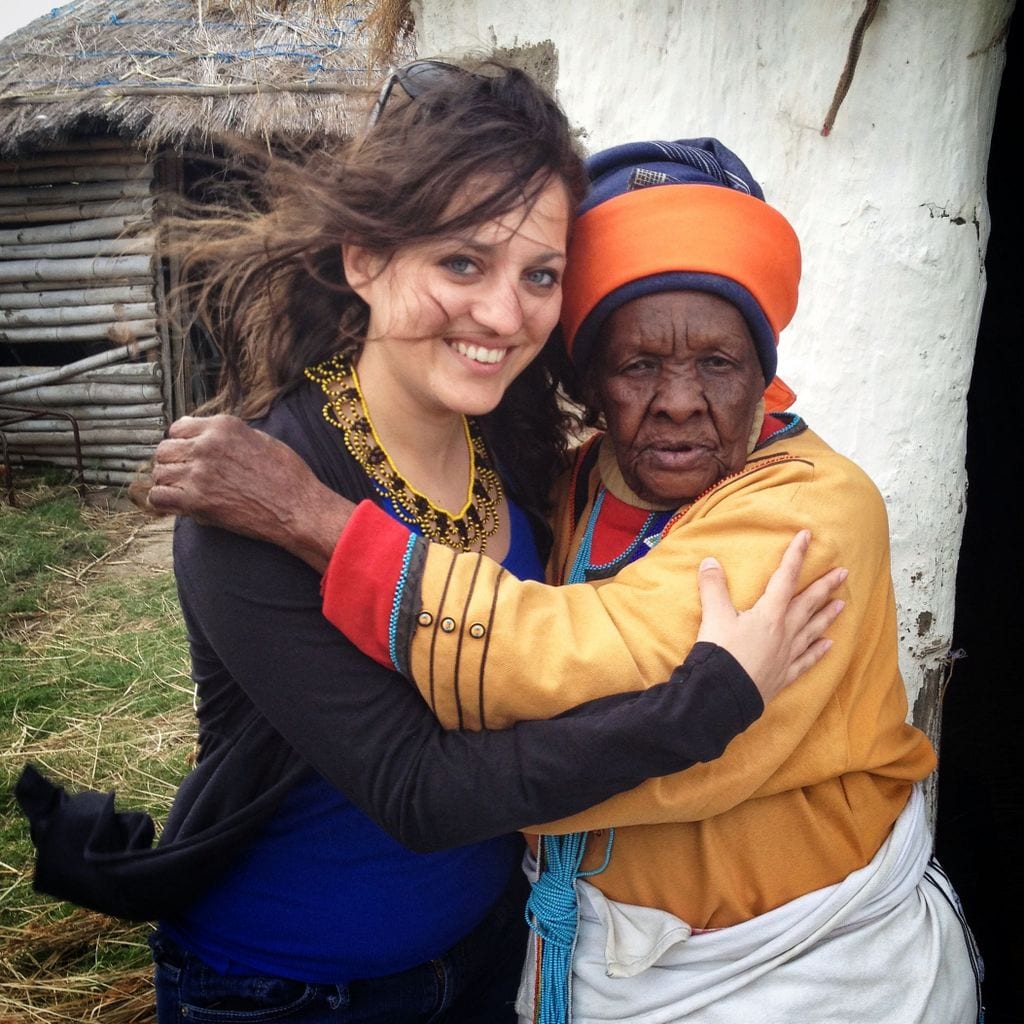
How to Travel Ethically and Independently
Some people will argue whether it’s ethical to visit Zimbabwe. Yes, money from visas and taxes goes to the government no matter what, but it’s a small amount compared to what you can give to locals. I think that it can be done, and almost anywhere can be, if you make an effort to travel as sustainably as possible. Here are some ways to do so:
Research extensively in advance. Read up on the country’s history, politics, and environmental issues and use that information to illuminate your trip. Don’t show up clueless and unaware.
Visit on your own dime. Pay your own way. If you’re a blogger, don’t ask for comps at small family-owned places.
Spend your money, at small, locally owned businesses. Avoid major chains and international properties.
Buy from the source when possible. If local jewelry is popular in a place you’re visiting, buy from a local artist rather than a gift shop. (That necklace I’m wearing above was purchased directly from a Xhosa artist on the Eastern Cape of South Africa who took my hands and thanked me for buying directly from her instead of from a shop.)
Spread your money among as many businesses as possible. Don’t book tours through your hotel; book direct through the tour operator. Don’t buy all your souvenirs from one vendor; buy from several vendors.
Be kind to animals and the environment. Never ride an elephant. Never take part in activities with animals in captivity. Produce the least amount of waste possible and don’t waste water or energy.
Engage with the locals you meet. Don’t just talk to your waiter when you need another drink — have a full conversation. Rather than just taking, taking, taking, use conversations as an opportunity to exchange.
If you’re a blogger, write comprehensive, thoughtful, and well-researched posts. Be especially sensitive in developing countries, countries where the locals are of a different race than you, and countries with a corrupt government.
“This is one of the main criticisms about travel bloggers and I agree with it. As many don’t have professional journalism training or something equivalent, they run around the world publishing stories that lack cultural/political context and understanding. In some destinations that matters more than others. I don’t trust that a lot of bloggers will have the sophistication to write about a place like Zimbabwe.” –Mariellen Ward, Breathe Dream Go
And finally, if your destination has a corrupt government, absolutely do not go on a trip sponsored by the government!!!!
Should you go to TBEX Africa in Zimbabwe?
Since the Zimbabwe announcement was made, I’ve seen lots of starry-eyed travel bloggers excited to go to Africa. Some genuinely had no idea who Mugabe was and changed their minds once they learned about him. But others won’t let that stand in their way because, well, they really want some free trips in Africa.
The choice is yours, but I hope you choose not to attend. I urge you to do your research on Mugabe’s regime before deciding whether or not to attend. These are the people who are funding this event.
And if you’re thinking of speaking at TBEX Africa, I would reconsider. Apply for a different conference instead. I think the people who choose to participate in this conference are going to have a spotlight on them in a bad way.
The problem, just so it’s clear, is not the country of Zimbabwe itself, which could use the tourism. The problem is that this conference is being hosted and controlled by the government.
Should you go to Zimbabwe otherwise?
YES. Go to Zimbabwe independently! Zimbabwe is a beautiful country with warm people and some truly wonderful travel experiences. The wildlife in Zimbabwe is outstanding; Victoria Falls is an icon. And they could really use your tourism dollars.
“I’ve written extensively about Zimbabwe, its people and social programs where tourist dollars directly help the local communities and wildlife conservation and will continue to. I love the place, warts and all. The people are amazing, but I choose to travel independently or with companies that benefit the people/wildlife etc.
I don’t think for a minute that a travel blogging conference in Harare will have the same effect. It’s always going to be a personal choice, but not everyone against this is sitting back and not visiting Zim.” –Andy Higgs, Grown Up Travel Guide
You can cruise down the Zambezi, track lions in Hwange National Park, check out caves in Chivero National Park, or party the night away in Harare. Zimbabwe is huge and there’s a lot to see.

Are there good alternatives to TBEX?
TBEX is the big conference, but it’s far from the best. There are four small travel blogging conference that I recommend attending:
- Women in Travel Summit (WITS). A smart conference geared toward women covering thoughtful issues most others ignore. Men are welcome. The next one is in Québec City, Canada, in 2018.
- Social Travel Summit (STS). A small, Europe-centric conference for professional bloggers with great networking opportunities. The next one is in Kitzbühel, Austria, in September 2017.
- Travel Bloggers Conference (TBC). An invitation-only conference for professional bloggers that has been based in Sri Lanka so far.
- Traverse. I haven’t attended, but it’s made by bloggers and I’ve heard they do an excellent job. The next one is in Rotterdam, Netherlands, in 2018.
Update: Response from Shane Dallas of TBEX
Rick Calvert, CEO of New Media Expo (which owns TBEX) responded to this post after publication. He wanted us to have a conversation face-to-face; when I insisted on having a conversation via email or chat so none of our quotes could possibly be misconstrued, he declined.
Rick has since told me that he’s tried to leave comments on this site but it hasn’t worked for him. I looked through the spam and pending filters and couldn’t find anything connected to him. Once he finds a way to leave a comment, I will include it here.
Since then, conference director Shane Dallas has left a comment of his own in the comments section. I will leave it there but paste it here as well:
Kate, after reading your post, I’m obligated to respond in my capacity as Conference Director of TBEX Africa.
I guess you have never been to Zimbabwe, because if you had, you could not have written a post like this.
Do you know what it is like for people who live in countries with a long-term negatively perceived governments (whether this perception is correct or not)? Let me recount some words people told me during my travels:
“Why does the world hate us so much” – man in Aleppo, Syria
“Please tell the world we are not terrorists” – man in Persepolis, Iran
“Why does the media treat us so unfairly? – woman in Moscow, Russia.People of nations not given favourable media treatment try so hard to distance themselves from the government – whether they agree with the politics or not. They find it frustrating that they cannot get commentators to separate politics from the people – and you too have fallen into this trap.
So let me recount my one month experience in Zimbabwe in September 2014. Every person I met who I discussed tourism believe that Zimbabwe should receive more tourists. This was regardless of political affiliation. They want these tourists because it benefits family run businesses, it benefits our colleagues working in tourism and travel in Zimbabwe. It benefits the people of the nation.
During my speech in Huntsville after the announcement of Zimbabwe as a destination I stated in front of hundreds of people in the TBEX audience that “Africa does not need to be rescued, Africa needs to be understood”.
I’ve spent nearly 3 years in Africa and the practice of people from North America and Europe telling Africans how they should run their countries is treated with disdain – I’ve heard this in places such as Ethiopia, Somaliland, Kenya, Tanzania, Uganda, Zambia and yes, also in Zimbabwe. If you spent enough time on the continent you would know this.
TBEX is about bringing people together, about sharing ideas that not only help families involved in the tourism industry in Zimbabwe and surrounding countries, but also helping our incorrect perceptions of the country and the continent.
You may respond by stating that there are other ways to benefit tourism in Zimbabwe and that we don’t need TBEX to achieve this aim. You fail to explicitly state how you could make such a significant and positive impact in such a short time that TBEX will do. It’s easy to criticize, but more difficult to provide an alternative. You provided no alternative.
I have visited Zimbabwe and have heard from many people for their desire to attract more people to their beautiful country. TBEX does this better than any other alternative.
In summary, what concerns me about your post is that its tone pronounces you as a definitive source of information on Zimbabwe, whereas the over simplification of the issues show that you have minimal practical understanding or experience of the country or its people.
Whereas you see to judge, I see to understand; and whereas you seek to build walls, I seek to build bridges.
You can see my full response to Shane in the comments below, but I’ll post an abbreviated response here.
That’s a lot of pretty rhetoric about Africa, but it still says nothing about 1) Why TBEX is working with the government of Robert Mugabe and 2) Why TBEX has conferences in countries like Thailand, the Philippines, and Zimbabwe where journalists are often in danger and bloggers could be put at risk.
It blows my mind that several days later, TBEX hasn’t even acknowledged the widespread criticism in the travel blogging community about TBEX taking money from Mugabe’s government in exchange for promotion. That, by far, is the biggest deal here — bigger than TBEX not paying its employees, bigger than TBEX holding conferences in countries where bloggers could be in danger for the work that they do.
We’re still waiting, TBEX. We weren’t born yesterday. Why are you working with Mugabe’s government?
Update 2: Response from Rick Calvert of TBEX
Rick Calvert responded in the comments here:
It appears to be a problem with the length of the comment. so breaking it up:
I will begin with saying, I really hate these kinds of posts and arguments online. Having entered the blogosphere as a political blogger well over a decade ago I am not afraid of an argument or debating with someone with a strongly differing view point. What I do not like is when people create strawmen and falsely characterize the opposing side. If you want to play in politics you get hammers thrown at you all day long. In travel, not so much.
Some of my points are probably going to come across as harsh but I don’t bare Kate any ill will other than this one factually inaccurate post full of baseless accusations and opinion where she tries to make the case that her opinion is moral and just and anyone holding a differing opinion is by default immoral and unjust. She posted it without ever talking to me or anyone else from TBEX.
Let me start with what TBEX is about.
TBEX is about helping travel bloggers succeed. That means developing their professional skills, creating opportunities for them to earn a living and educating the travel industry on why they should work with bloggers and how to get the most return out of those relationships. We offer more high quality content from beginner to advanced for independent travel creators than any other travel event. Period.
The assertion that TBEX is only interested in making money and we have no interest in bettering the travel blogging community is a flat out lie.
To make such a claim you have to know my mind and intentions and the same of everyone who works on TBEX. Which no one but the people involved in producing the TBEX can know.
Despite not having attended TBEX since 2012; where Kate admittedly had a “fantastic experience” she also states “most of their conferences are geared toward beginner bloggers. I call it “churning and burning newbies.””
I take a bit of an issue with that. Absolutely Jaume, Gemma (who happen to be dear friends) and the rest of the team in Costa Brava deserve tremendous credit for what they did to create an amazing experience for the TBEX community. However, our team also worked nine months to make that event happen and I think we deserve just a tiny bit of credit for it.
If you don’t attend TBEX you have no idea what the quality of speakers are, or the content of the sessions.Our content and our conference is absolutely focused on delivering value for professional travel bloggers and by extension DMO’s, tour operators and other travel industry businesses. Yes, we offer beginner level content because it is our mission to raise the professional abilities and success of all travel bloggers. That makes our entire industry better. And very few of us are advanced level experts in all subjects. Modern content creators wear a lot of hats. We also offer lots of advanced content in a wide range of topics.
To address the charge “few long time professional bloggers attend any more”.
Again, if you don’t attend, you don’t know. We don’t publish an attendee list. We don’t sell or give email lists to anyone. I did a quick search of our 57 mutual Facebook friends. 39 of them have been to TBEX in the last year. Most of them have attended multiple TBEX events.
Now let’s talk about the newer very successful travel bloggers and content creators who attend TBEX. Kate’s doesn’t state it directly but implies if you haven’t been blogging as long as others, then you are somehow less worthy, important, or professional.
There are many newer bloggers who have built huge audiences and have had tremendous success. They also bring tremendous professional experience from their own lives. There are attorneys, accountants, social media professionals, journalists, doctors and other professionals who attend TBEX. Let’s face it calling yourself a blogger Is not hard.
Being a professional is. Attending events in your chosen profession and continuing your education is what professionals do.
I am not going to include names because it is unfair to bring anyone else into this debate but here is a quote sent to me today from a very successful professional travel blogger who attended TBEX Huntsville; “Everyone at TBEX is doing a great job and I can’t wait to see it continue to grow. After every conference, I always feel inspired and ready to take on the world. I truly wouldn’t be where I am today without TBEX.”
Here is a quote from a sponsor in Huntsville “’I’d like to thank you for an amazing conference not only on our behalf but also other participating tourism boards! We had a series of very productive meetings and overall, we had a great time!”.
we are proud of both of those testimonials and many, many others like them.
Beyond the elitist position, she is also implying we are somehow taking advantage of people. Again, this is a lie.
Take a look at our list of sponsors and tell us ones you think are or “watered down” or “poor quality.”
Every “fact” included here about the Dolphin Tours in Cancun is wrong. There were multiple tours offering Dolphin Experiences not one. 2,300 travel bloggers DID NOT sign a petition protesting the tours including any kind of Dolphin experience in Cancun. This is FALSE.
Most of the people signing the petition were consumers who had no idea what TBEX is and what the actual debate was about.
We never made a decision on including or not including these tours as part of the post event fams. This was always up to the tourist board. We gave them advice but they made the decisions to first include them and later remove them.There was by no means unanimous consent in the travel blogging community. There were numerous advocates on both sides of the issue. We participated in the discussion when some travel bloggers complained.
I joined a podcast episode with some bloggers and dolphin protection advocates to discuss the issue. We hosted a keynote addressing what is and what isn’t responsible tourism at the event. We invited any attendee interested in doing so to observe any one of these tours and reporting honestly first-hand what they saw and experienced.
We explained numerous times what TBEX’s mission is and that we are not a political organization. It is our job to offer professional development, advancement and opportunity. It is not our job to advocate political causes. This obviously ties directly into the current discussion about Zimbabwe and I will come back to it in a bit.
No one is ever told what to say, or if they have to say anything at all. No pre or post tours are ever required of anyone.
Despite the called for “boycott” by a handful of travel bloggers, over 500 attended the conference.
What is left out completely is any context as to why those tours were offered in the first place. There were numerous companies in Cancun offering a wide range of tours featuring Dolphins. Some in the ocean, some in captivity, some swimming with them, some observing them. They employed hundreds of people in Cancun and all of these businesses belong to the tourist board. It was a difficult position for the tourist board and we explained this numerous times but the people with a political point to make didn’t care then and they don’t care now.
Rick also left a second comment:
Ok now, I have left about half of my reply and an unable to post the rest (.
Thanks, Rick. Since then I have made one change in this post: I changed “2,300 bloggers signed the petition” to “2,300 people signed the petition.” Because that is true — while many of the people who signed the petition were bloggers, it’s impossible to verify exactly how many were bloggers.
Beyond that, I completely understand why you’d defend your organization. And I did reach out to you before publication, Rick — it’s not my fault that you didn’t respond prior to press time, which was more than three days after the announcement was made, and I gave you the right of reply. I might be the most visible person blogging about it, but I’m far from the only person incredulous at TBEX for taking money from Robert Mugabe’s government.
Beyond that, I find it curious that even after these responses, TBEX *still* has not said a word about taking money from Mugabe’s government — nor have they not said a word about why they have conferences in countries with no freedom of the press, where journalists have often been murdered.
Because Rick has been unable to leave a full comment for some reason, I’ve reached out via email and have told him I’ll publish the rest of what he has to say if he wishes to email me.
